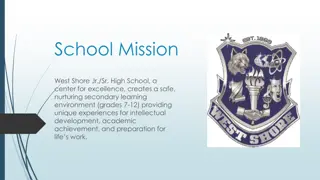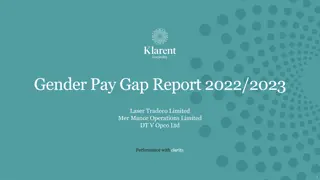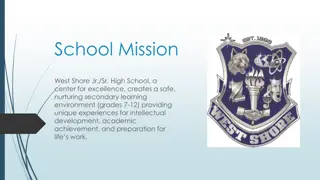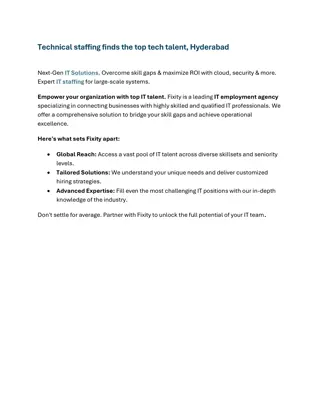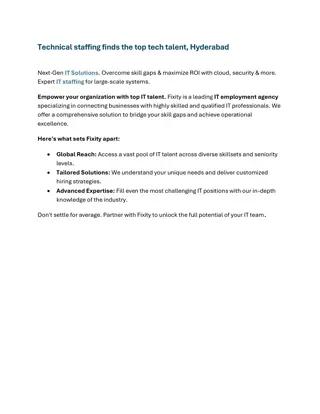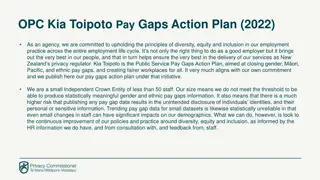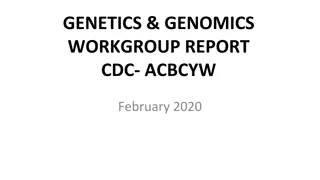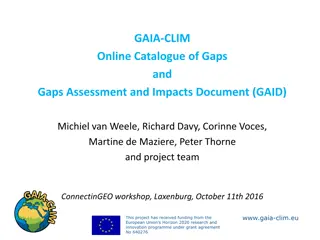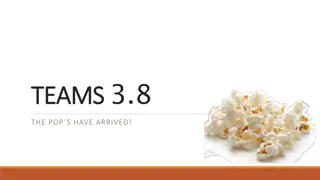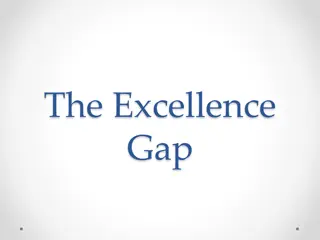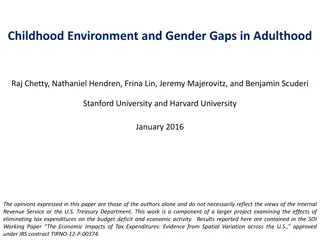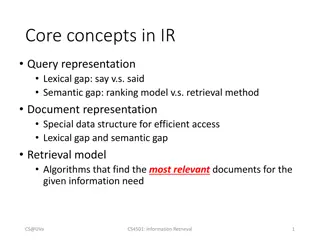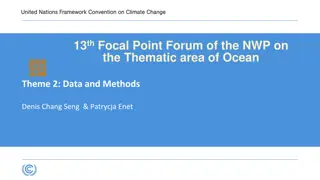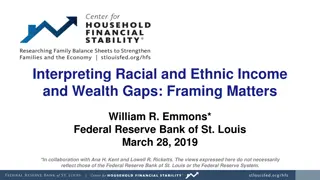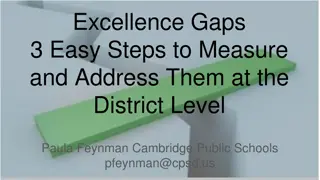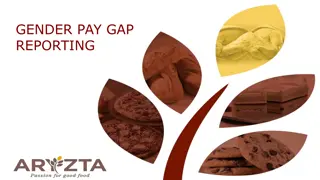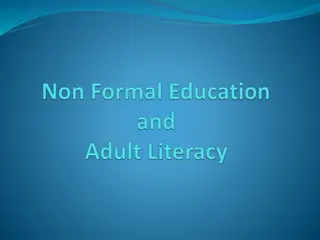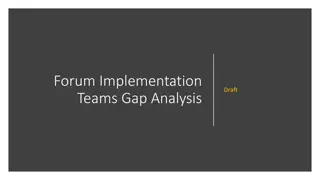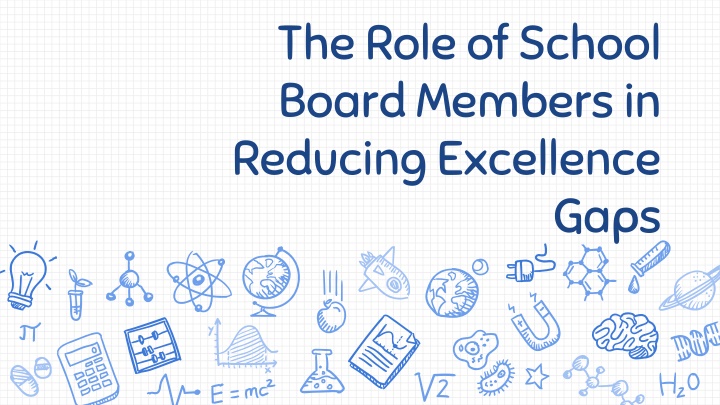
Unveiling Excellence Gaps: School Board Members' Role and Gifted Education Myths
Explore the pivotal role school board members play in narrowing excellence gaps, debunk common myths in gifted education, and discover why it's crucial for students to learn at advanced levels. Engage in discussions and watch enlightening videos to enhance your understanding.
Download Presentation

Please find below an Image/Link to download the presentation.
The content on the website is provided AS IS for your information and personal use only. It may not be sold, licensed, or shared on other websites without obtaining consent from the author. If you encounter any issues during the download, it is possible that the publisher has removed the file from their server.
You are allowed to download the files provided on this website for personal or commercial use, subject to the condition that they are used lawfully. All files are the property of their respective owners.
The content on the website is provided AS IS for your information and personal use only. It may not be sold, licensed, or shared on other websites without obtaining consent from the author.
E N D
Presentation Transcript
The Role of School Board Members in Reducing Excellence Gaps
Six Myths of Gifted Education That Lead to Overlooking Talented Minority Students Audrey D. Breen
True or False Gifted kids are the smartest kids in class. All gifted kids show up to school gifted. Giftedness is not something that can be developed. A student is either gifted or not. Gifted students exhibit varying characteristics. Gifted students need different classroom experiences from other students and from other gifted students. Most gifted students are being identified.
Gifted kids are the smartest kids in class. false
All gifted kids show up to school gifted.
Giftedness is not something that can be developed. A student is either gifted or not.
Gifted students exhibit varying characteristics. true
Gifted students need different classroom experiences from other students and from other gifted students. true
Most gifted students are being identified.
Why is it important for students to be learning at advanced levels?
What is the Excellence Gap?
Discussion Think-Pair-Share
"We think that high- achieving, low income kids don't need our help. Nothing could be further from the truth." Harold O. Levy, Executive Director, Jack Kent Cooke Foundation
Discussion Scenarios
Questions for Discussion What would happen if this student were at your school? What is in place to help this student continue learning? What could be put in place to help this student continue learning at advanced levels?
What can you, as a school board member, do about the Excellence Gap?
Video The Role of School Board Members in Reducing Excellence Gaps
Discussion Intended and Unintended Consequences of Policies
Students are allowed to take a maximum of two on-line classes starting in 9thgrade. Intended Consequences Provides an opportunity for students to take classes they can t fit into their schedules. Unintended Consequences Advanced students may be ready for coursework available on-line earlier than 9thgrade. Advanced students may benefit from taking more than two on-line courses.
Students are not allowed to take algebra until 9thgrade. Intended Consequences Students may not have the math background or understanding of math concepts to learn algebra before 9thgrade. Students may skip over important math learnings in their basic math classes and have gaps in their math backgrounds if they take algebra in middle school.
Unintended Consequences Students who are ready to learn math at higher levels are not allowed the opportunity. If students aren t allowed to take algebra until 9th grade, they will not have the opportunity to take more advanced math classes such as calculus or trigonometry during their high school years.
Students must be in 11thor 12thgrade to take AP classes. (College Board doesn t care what grade a student is in.) Intended Consequences Students will be older and more capable of handling the rigor of AP classes. Unintended Consequences Advanced students may be ready for the rigor of AP classes in 9thor 10thgrade. Advanced students will not have the opportunity to take a full range of AP classes.
Students have to meet strict requirements to take AP classes. Intended Consequences This will insure that only those students who have demonstrated through past academic success that they are capable of doing hard course work will be in AP classes. Unintended Consequences High ability students who do not have good grades may be excluded from classes that would challenge them. Past circumstances such as family instability or boredom may have contributed to lower grades rather than lack of ability.
Students must be enrolled in high school to take high school classes for credit. Intended Consequences This will insure that students who earn less than an A on a high school class they took as a middle school student will not have that lower grade on their high school transcript. Unintended Consequences Students are not as motivated to do their best without the incentive of earning a grade that counts. Student may be required to retake the class in order to have a grade for it on their high school transcript.
Early Entrance to Kindergarten requirements are so strict that no child qualifies. Intended Consequences Strict requirements will insure that children do not enter kindergarten before they are ready. Unintended Consequences Young children with advanced abilities (particularly those from disadvantaged homes) will not have the opportunity to go to school even though they are ready to do kindergarten or higher work.
What can you do in your role to reduce Excellence Gaps?
Complete the follow-up module. Examine your local districts and schools Excellence Gaps. Gather information about what policies are in place and what needs to be done to remove the learning ceiling and accelerate learning.
School Boar d M ember s School Boar d M ember s as as Char t er School Char t er School Aut hor izer s Aut hor izer s Information presented and discussed in this training session is also applicable in your role as a charter school authorizer. 29
Dr. Mary Evans Javits Grant Program Developer The Center for Gifted Studies at WKU mary.evans@wku.edu Dr. Tracy Inman Associate Director The Center for Gifted Studies at WKU tracy.inman@wku.edu Dr. Julia Roberts Director The Center for Gifted Studies at WKU julia.roberts@wku.edu


